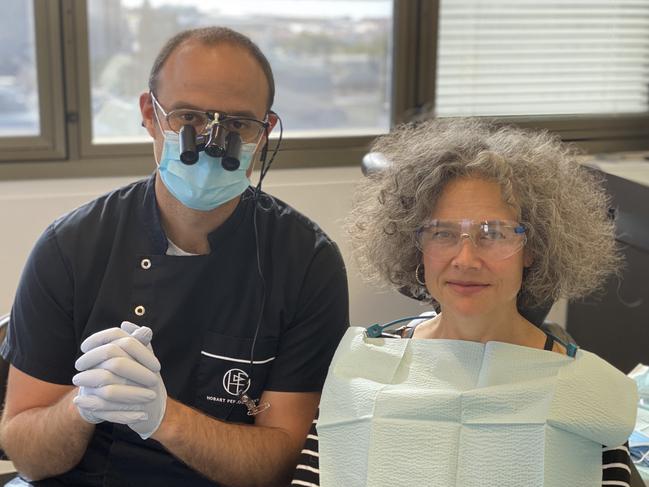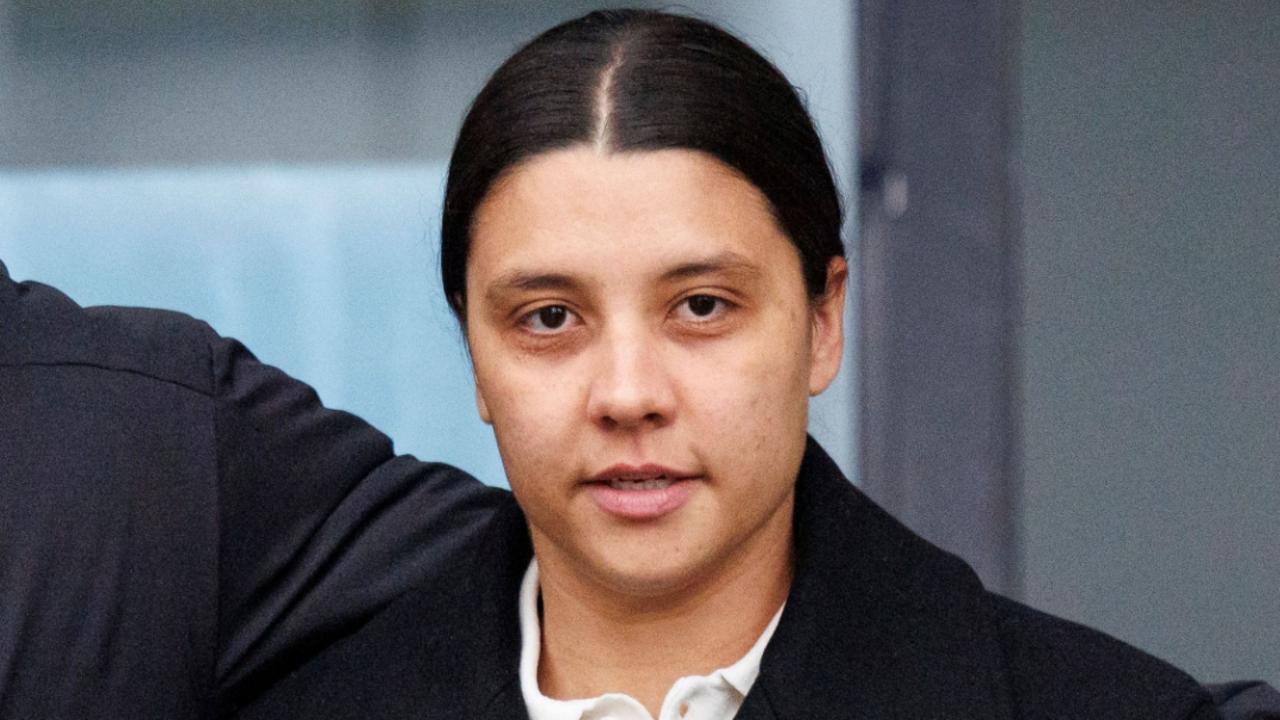Talking Point: Tassie dentists focus on urgent cases as they manage dwindling gear
LEN CROCOMBE and ALEX DU BOIS: Masks in short supply as dentists tailor their workloads, so care for your teeth

Opinion
Don't miss out on the headlines from Opinion. Followed categories will be added to My News.
The coronavirus outbreak has created major restrictions on the practice of dentistry in Tasmania. With the impact of COVID-19 continuing to significantly disrupt life, dealing with the increasing array of challenges is consuming a greater than normal amount of time and effort for many dental practices, a situation which may continue for some months yet.
Postponing all non-urgent dental services is an important measure to help limit the spread of coronavirus. Dental practices have already been significantly impacted, firstly through a critical shortage of Personal Protective Equipment, which is essential for safe dental practice, and then as spatial distancing recommendations and general community concern about COVID-19 reduced patient visits. As a result, many dental practices have already voluntarily closed to play their role in helping to reduce the spread of COVID-19.
COVID-19-driven mask shortages are impacting dental practices in Tasmania. The Australian Dental Association has been working hard to minimise this impact where possible, seeking alternate supplies of personal protective equipment, including most notably through government sources, and providing coronavirus specific information on infection control and human resources issues arising from the health crisis. Any dentist within a week of running out of personal protective equipment should contact the Australian Dental Association.
Nonetheless, dentistry remains an essential service, and it is critically important to provide urgent and emergency dental care to avoid the likely burden on medical primary care and emergency services that would otherwise occur should access to urgent dental care cease.
During this period of restrictions, it is important that Tasmanians continue to look after their teeth to reduce their risk of dental problems.
This includes brushing your teeth twice daily with fluoride toothpaste, and flossing daily; limiting consumption of sugar to less than six teaspoons per day, choosing tap water over sugary drinks, and quitting smoking. Anyone with existing dental appointments should contact their dentist to confirm whether the appointment can proceed or needs to be postponed.
People with a dental emergency should call their dentist to seek advice before attending the practice.
The ADA Tasmanian Branch has advised Tasmanian dentists to go to Level 3 restrictions, a recommendation endorsed by the Australian Health Protection Principal Committee.
This means deferring all routine recall examinations and dental treatments for people not fitting the risk categories for COVID-19 and, where deferral of treatment is not possible, to only do dental treatments that do not generate aerosols, or where treatment generating aerosols is limited to urgent and emergency care such as acute dental pain or significant dental trauma. Dental procedures that use low and high-speed handpieces, laser or electrosurgery units, ultrasonic scalers, air polishers, prophy angles, hand instrumentation and air/water syringes can create bioaerosols and spatter. Inhalation of airborne particles and aerosols may cause disease transmission.
For people who do meet epidemiological or clinical symptom criteria for COVID-19 risk or are confirmed as a COVID-19 case, there will be very few situations where a patient confirmed with, or at risk of COVID-19 infection, has a significant dental emergency such that the use of analgesics will not allow a delay until the patient has reached the end of mandatory quarantine, or is no longer at risk of being infectious.
All confirmed coronavirus cases should only have dental treatment as an inpatient or in a hospital setting by appropriately trained and credentialed dental personnel.
We need to pull together and help each other during this difficult time.
Len Crocombe is Associate Professor Oral Health, Centre for Rural Health, University of Tasmania and state and federal councillor with the Australian Dental Association.
Dr Alex Du Bois is president of the Australian Dental Association Tasmanian Branch.


